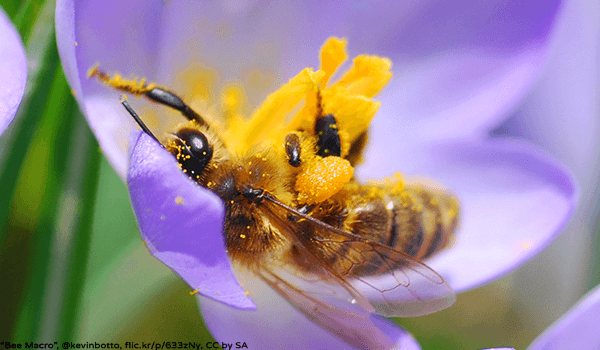Bee venom has been confirmed as a potential cure for cancer this week.
The results of previous research by scientists around the world have shown bee, snake and scorpion venom to have remarkable effects on cancer cells but now research by the American Chemical Society has devised a way of introducing the powerful proteins found in insect stings and reptile venom to malignant cells without damaging healthy ones.

Venom from bees, snakes and scorpions contain peptides which adhere to cancer cells, potentially preventing any further growth or spread of the disease and whilst merely injecting a patient with such venoms could have harmful side effects, scientists have now found a solution.
“We have safely used venom toxins in tiny nanometer-sized particles to treat breast cancer and melanoma cells in the laboratory,” says Dipanjan Pan, Ph.D., who led the study.
“These particles, which are camouflaged from the immune system, take the toxin directly to the cancer cells, sparing normal tissue.”
He says that in the honeybee study, his team identified a substance in the venom called melittin which keeps cancer cells from multiplying.
And whilst bees make so little venom that it would not be feasible to extract it in mass quantities, the scientists have managed to recreate synthesized melittin in the lab.
Dr Pan added that whilst tests were currently at a laboratory level it was expected that a patient trial would be possible in the next three to five years.
Source: American Chemical Society